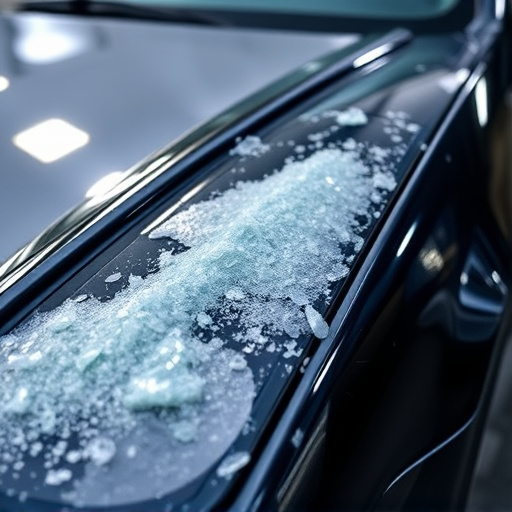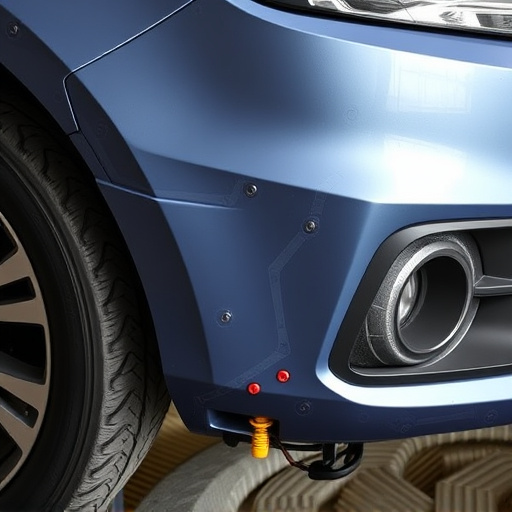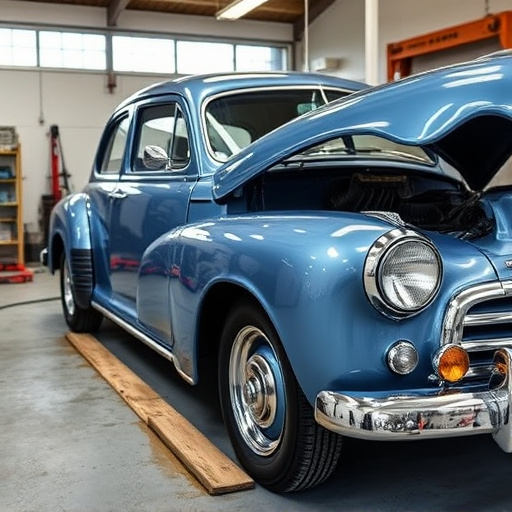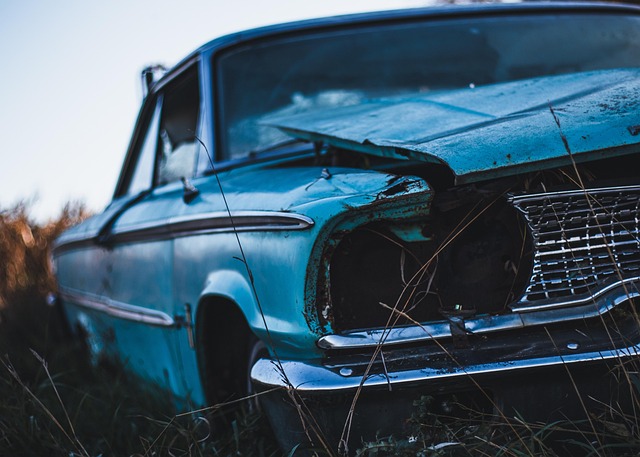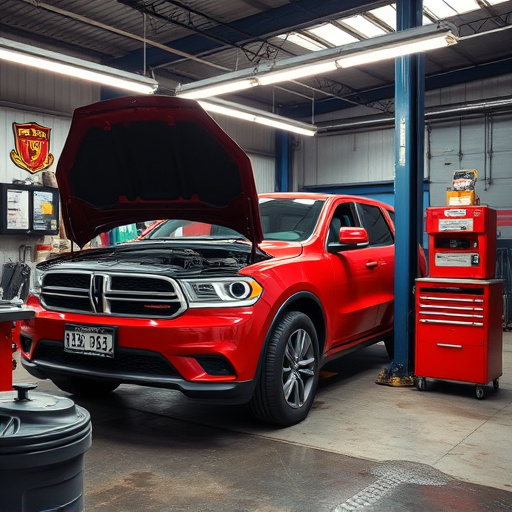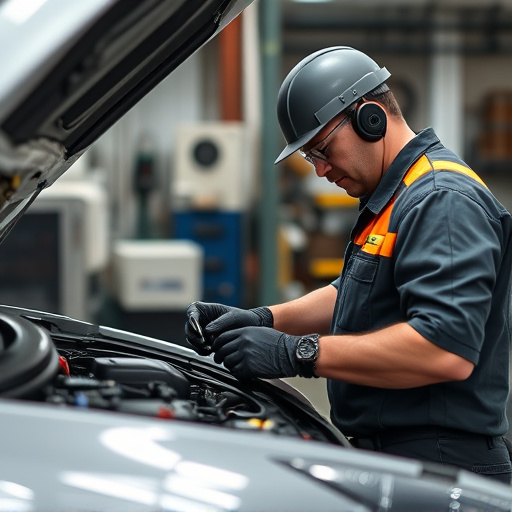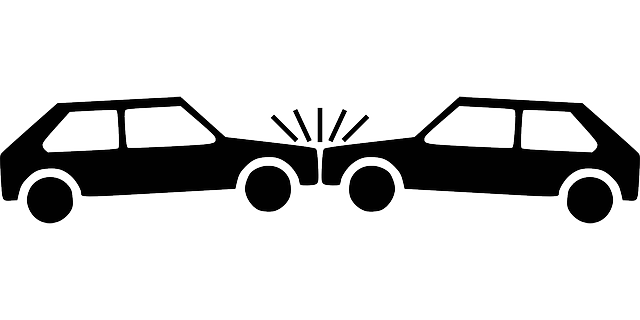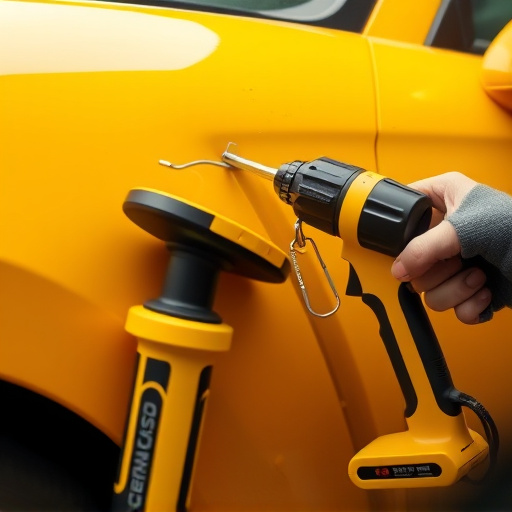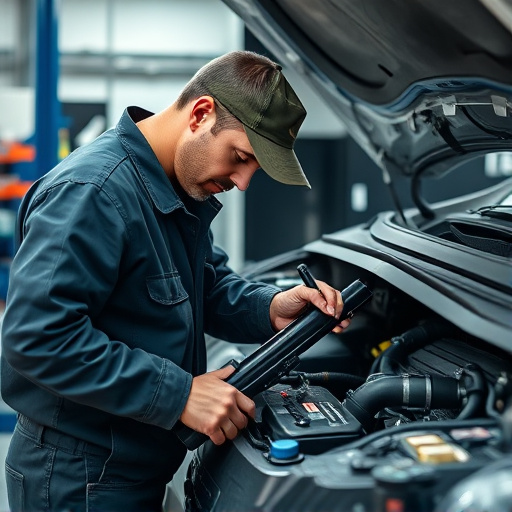Radiator replacement accidents are critical vehicle maintenance issues impacting safety ratings. Mistakes can lead to leaks, reduced efficiency, and engine failure. Qualified technicians with specialized knowledge and tools are essential for effective replacements. Professional services also emphasize frame straightening and car body restoration to maintain structural integrity. Neglecting regular maintenance increases vulnerabilities exposed during collisions, compromising passenger safety. After accidents, manufacturers enhance safety measures based on identified vulnerabilities, incorporating advanced cooling systems and faster response times. Auto repair services play a crucial role in preventing potential hazards and making our roads safer.
A radiator replacement, while seemingly routine, is a critical vehicle maintenance task that can significantly impact overall safety ratings. Radiator replacement accidents, often overlooked, present potential hazards due to the handling of hot components and fluids. This article explores these incidents’ effects on vehicle security, focusing on understanding common pitfalls, analyzing their impact on safety standards, and discussing post-accident enhancements aimed at preventing future occurrences, thereby improving overall vehicle safety.
- Understanding Radiator Replacement Accidents: A Common Yet Critical Vehicle Maintenance Task
- The Impact on Safety Ratings: How These Incidents Affect Overall Vehicle Security
- Enhancing Safety Measures: Post-Accident Improvements and Future Prevention Strategies
Understanding Radiator Replacement Accidents: A Common Yet Critical Vehicle Maintenance Task

Radiator replacement accidents are a common yet critical aspect of vehicle maintenance that can significantly impact safety ratings. This process involves the careful disassembly and reassembly of a vital component, ensuring optimal cooling performance to prevent overheating. However, mistakes during this procedure can lead to serious consequences. A simple misstep or an improperly installed radiator can result in leaks, reduced efficiency, and even catastrophic engine failure.
Given the critical nature of radiators in vehicle functionality, proper execution of this task by qualified technicians is paramount. Many modern vehicles require specialized knowledge and tools for effective radiator replacement, which ensures not just functional but also safe driving conditions. Professional vehicle repair services often emphasize the importance of frame straightening and meticulous car body restoration post-radiator replacement to maintain structural integrity and overall vehicle safety.
The Impact on Safety Ratings: How These Incidents Affect Overall Vehicle Security

A radiator replacement accident can significantly impact a vehicle’s safety ratings, reflecting its broader implications for overall vehicle security. Such incidents often involve substantial force, which can compromise the structural integrity of critical components, including the frame and body panels. This not only affects the performance of safety features like airbags and crumple zones but also exposes occupants to greater risk during subsequent collisions.
Regular maintenance, such as timely radiator replacement, is crucial in preserving the vehicle’s protective architecture. Neglecting these routine tasks can lead to unexpected vulnerabilities that may go undetected until a collision occurs. Consequently, a well-maintained vehicle stands a better chance of withstanding impact forces, thereby enhancing passenger safety and contributing to higher safety ratings achieved through rigorous testing conducted by independent agencies. This underscores the importance of visiting a reputable collision center for professional repairs, including dent removal and meticulous vehicle body repair, to ensure optimal safety standards post-accident.
Enhancing Safety Measures: Post-Accident Improvements and Future Prevention Strategies
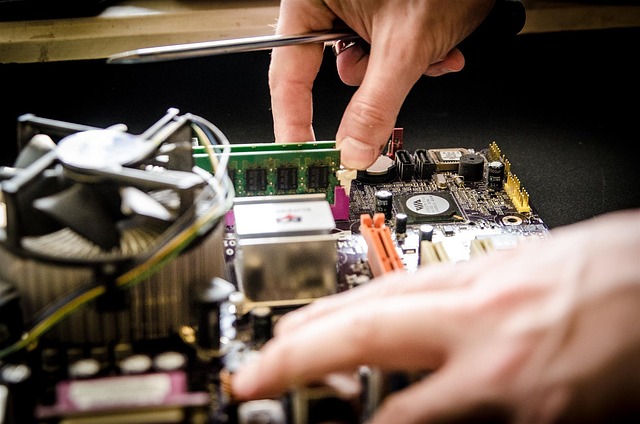
After a radiator replacement accident, vehicle manufacturers often reassess and enhance their safety measures to prevent similar incidents. These post-accident improvements are crucial in identifying vulnerabilities and implementing better designs. For instance, many modern vehicles now feature advanced cooling systems with improved temperature sensors and faster response times, reducing the risk of overheating and associated accidents.
Additionally, the experience gained from such incidents guides future prevention strategies. Auto repair services, like those offered by Mercedes-Benz specialists, can play a vital role in ensuring vehicle safety. Regular maintenance checks, timely part replacements, and staying updated with the latest technological advancements in auto glass repair and overall vehicle systems can significantly contribute to preventing potential hazards, making our roads safer for everyone.
Radiator replacement accidents, while often overlooked, significantly impact vehicle safety ratings. As these incidents highlight vulnerabilities in common maintenance tasks, they drive essential improvements in safety measures. Post-accident analyses lead to enhanced design and manufacturing processes, ensuring future vehicles are better equipped to withstand such challenges. By focusing on preventing radiator replacement mishaps, the automotive industry contributes to overall vehicle security, making our roads safer for everyone.

